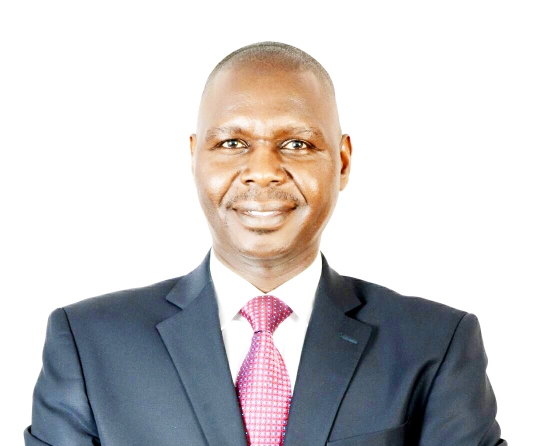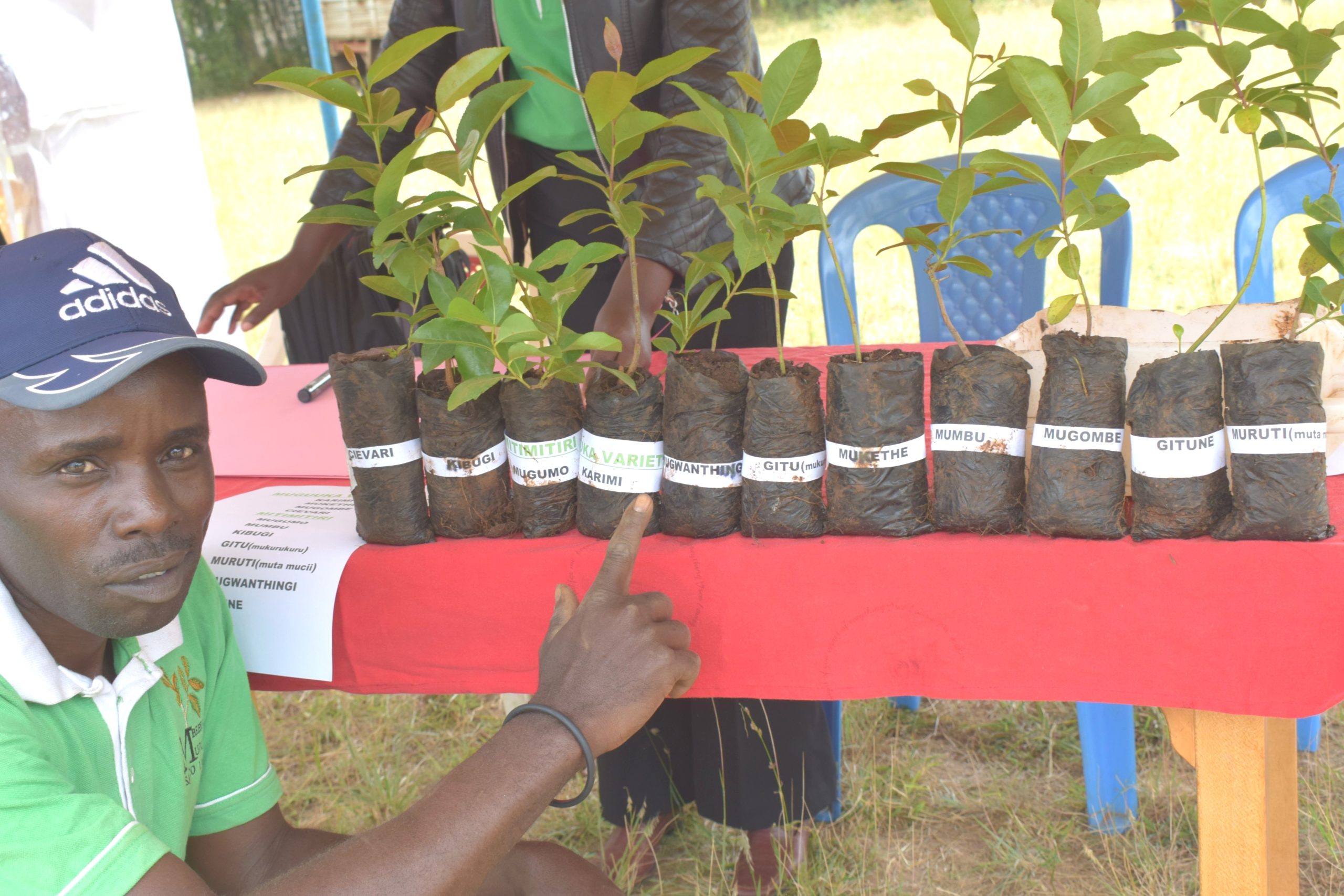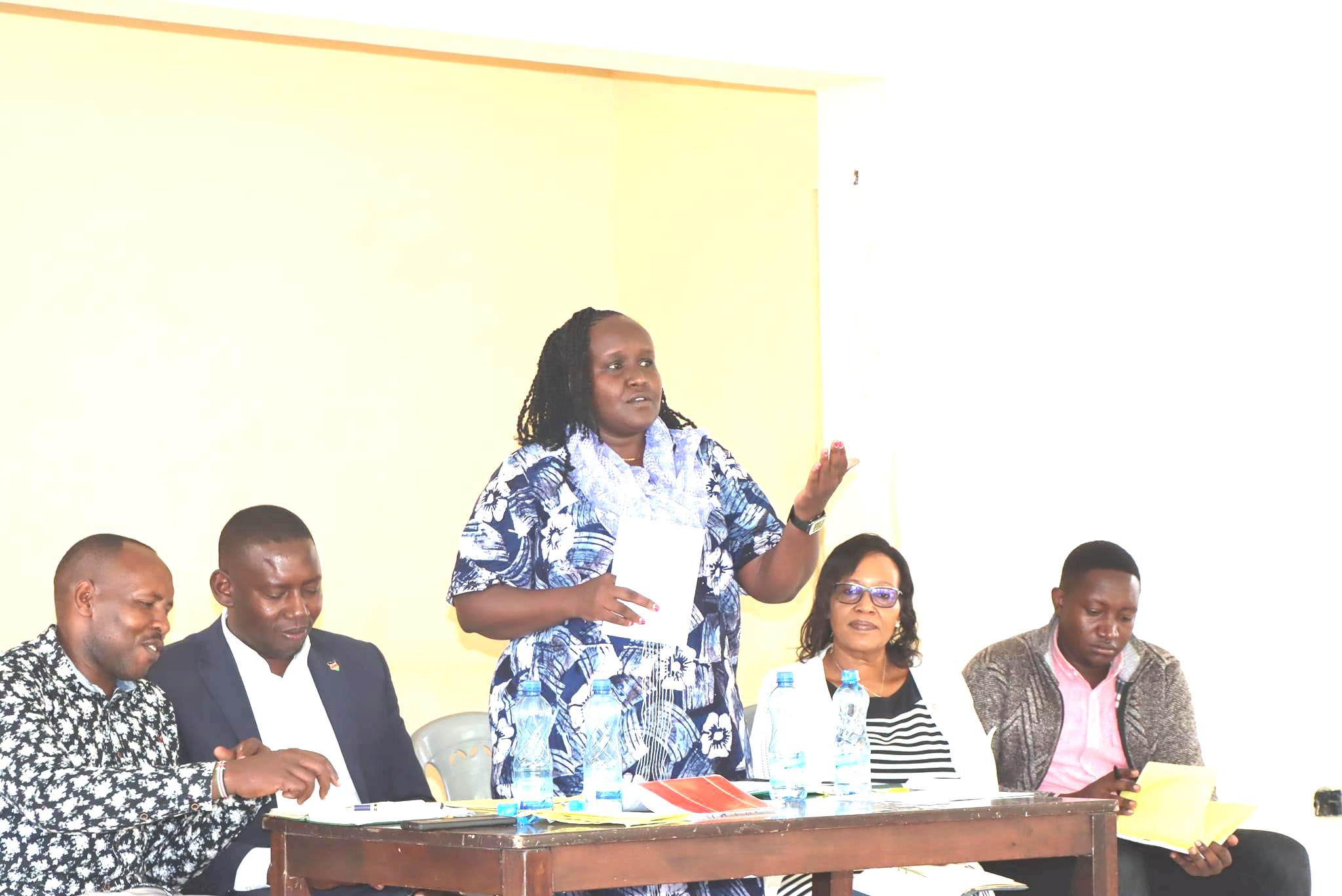Only 22.9 per cent of women hold CEO position
By Jackson Okoth
Women are yet to break the glass ceiling in terms of ascending to top leadership in co-operative societies. Industry findings indicate that men still dominate boardrooms, management suites and internal audit positions within most of these societies. This gender disparity has remained intact more than 100 years since the first co-operative society was registered in Kenya by the British colonial administration.
Analytical data from Sacco Societies Regulatory Authority (SASRA) indicate that during the past year, there were a total of 1,654 persons serving in Boards of Directors among the 174 DT-Saccos, out of whom 83.25 per cent were male and only 16.75 per cent were female.

There were also 504 members of the Supervisory Committees, out of whom 77.78 per cent were male and 22.22 per cent were female. On the other hand, 174 persons who were serving as Chief Executive Officers in the DT-SACCO system, 77.01 per cent were male with only 22.9 per cent being female.
“The Authority has been promoting a gender segregated reporting framework for DT-Saccos, which is critical for policy formulation, especially at their governance and management levels,” said John Mwaka, CEO SASRA.
The SASRA Supervisory Report, 2018 indicates that composition of the senior management teams in DT-Saccos was the most constitutionally gender compliant, but with the male gender still dominating at 66.41per cent while the female senior managers in DT-Saccos constituted 33.59 per cent.
In terms of employment trends, the number of employees within the DT-Saccos system was 8,654 in 2018, 4,505 were male and 4,149 were female. The permanent employees were 7,540 while the temporary employees were 1,114 over the same period of time.
“It is encouraging to note that the gender distribution of employees is within the threshold of not more than one-third constituting the same gender,” said Mwaka.
Slightly over 52 per cent of the total employees among the DT-Saccos were male, with the females being slightly under 48 per cent.
The gender distribution of the employees is almost similar for both the permanent staffing levels as well as the temporary staffing level during the year 2018. The male permanent staff accounted for 51.87 per cent while the female permanent staff accounted for 48.13 per cent. On the other hand, the male temporary staff accounted for 53.32per cent while the female temporary staff accounted for 46.68per cent.

As co-operative enterprises, DT-Saccos are governed by Boards of Directors which are elected at the general meetings of the members pursuant to the provisions of the Co-operatives Societies Act (CSA).
Additionally, the CSA prescribes that the number of members of Board of Directors may not exceed nine persons; except that in exceptional circumstances and upon application, the Cabinet Secretary may allow the number of the Board to reach a maximum of twelve (12) persons.
Another statutory organ of governance of DT-Saccos is the Supervisory Committee elected by the general meeting pursuant to the provisions of the CSA and provides oversight of the activities of the Board on behalf of the members.
The office of the Chief Executive Officer is also a governance organ of a DT-SACCO provided in Reg. 63 of the Regulations 2010, with specific statutory duties prescribed in Reg. 65 of the Regulations 2010.
DT-Saccos are required to have senior management staff responsible for key or critical functionalities of its operations including the heads of the internal audit, the ICT, the Credit and the Finance functions among others.
“The fact that the women must also be able to balance between family and staying late in meetings, makes this position even more difficult to handle for a woman,” said Eunice Kaboi- CEO of Mafanikio Sacco.
Kaboi added that responding to issues brought forth by members during the usually stormy Annual Delegates Meetings (ADMs), is no child’s play. A female CEO must, therefore, have a strong belief in self and enough confidence to deal with issues raised by members, the board or management.
“There is need for more training and mentorship programmes for women interested in Sacco leadership. There is also need to give recognition or reward women executives within the Sacco movement, to encourage others to aspire for top positions,” said Kaboi.
“We also have women who are qualified and confident but are not able to lead due to family commitments. Most end up missing crucial training sessions, seminars or workshops so as to attend to their families,” said Christine Makena-CEO Ndosha Sacco.
Sotico Sacco CEO Everlyn Moraa added:“It all depends on the type of directors that a particular Sacco has on its boards. For instance, there are male-dominated board of directors who have little or no confidence in women when recruiting a CEO.”
The list of DT-Saccos with women CEOs include Bingwa Sacco (Jane Mugoh), Kenya Highlands Sacco (Alice Kosgey), Thamani Sacco (Rose Kithinji), Kimbilio Sacco (Rose Chepngetich), Sotico Sacco (Everline Moraa) and Ndosha Sacco (Christine Makena).
Other female CEOs include Salome Chebet Sugut (Nandi Hekima Sacco), Christine Obadiah ( Ndosha Sacco), Faith Muchoki (Nanyuki Equator Sacco), Teresiah Chumari (NRS Sacco), Gladys Bwoma (Nyamira Tea Farmers Sacco), Maryanne Ndekei (Telepost Sacco), Grace Alinyo (Asili Sacco), Gladys Wanjie (All Churches Sacco), Joyce Waceke (Mentor Sacco), Lillian Oyeng (Agro Chem Sacco) Anne Kinyua (2NK Sacco) and Lydia Muthoni (Fariji Sacco).
This list also includes Jane Koskei (Kaimosi Sacco), Monica Muiruri (Joinas Sacco), Florence Mutua (Kitui Teachers Sacco), Lydia Mungai (Tembo Sacco), Angela Nyanjong (Elimu Sacco), Catherine Mwamba (Times U Sacco), Florence Mutinda ( Uchongaji Sacco), Anne Waweru (Viktas Sacco), Isabella Masinde (Wakenya Pamoja) and Christine Owade (Waumini Sacco) among others.


